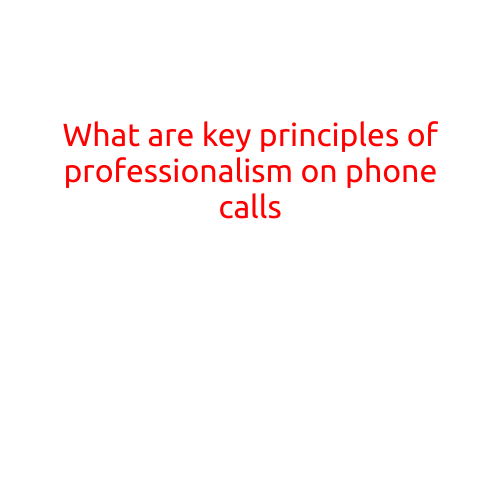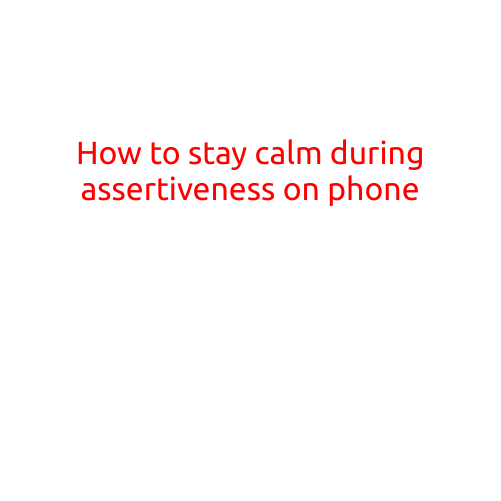
What are Strategies for Using Scripts Effectively?
Scripts are a powerful tool for businesses, marketers, and individuals looking to streamline their messaging, save time, and improve their communication. However, without a clear understanding of how to use them effectively, scripts can come across as automated, impersonal, and even cheesy. In this article, we’ll explore effective strategies for using scripts to achieve your goals.
1. Know Your Audience
Before crafting a script, it’s essential to understand your target audience. Who are they? What are their pain points? What are their goals and motivations? Understanding your audience will help you tailor your script to their needs, making it more relatable and engaging.
2. Keep it Simple and Conversational
Avoid using overly complex language or jargon that may confuse your audience. Instead, write your script in a conversational tone that feels natural and authentic. Use simple, clear language that gets your point across quickly and effectively.
3. Focus on Benefits, Not Features
Instead of listing off features and functionalities, focus on the benefits that your product or service provides to your audience. How will it make their lives better? What problems will it solve? By highlighting the benefits, you’ll be able to connect with your audience on a deeper level and make your message more compelling.
4. Use Storytelling Techniques
Storytelling is a powerful way to engage your audience and make your message more memorable. Use anecdotes, examples, or metaphors to illustrate your points and make your script more relatable and entertaining.
5. Practice, Practice, Practice
Rehearsing your script will help you feel more comfortable and confident when delivering it. Practice in front of a mirror, record yourself, or ask a friend or family member to join in. The more you practice, the more natural and authentic your delivery will feel.
6. Be Authentic and Passionate
Your script should reflect your genuine passion and enthusiasm for your product or service. Don’t be afraid to show your personality and let your excitement shine through. When you’re passionate about what you’re saying, your audience will be more likely to engage with you.
7. Use Humor and Empathy
Humor and empathy can be powerful tools for connecting with your audience and making your message more relatable. Use humor to break the ice and lighten the mood, and empathy to show that you understand and care about your audience’s concerns.
8. Use Visual Aids
Visual aids such as videos, infographics, or slides can help to illustrate your points and make your script more engaging. Use them sparingly, however, as too much visual material can overwhelm your audience and detract from the flow of your script.
9. Be Flexible
Be prepared to adapt your script to unexpected situations or changes. Whether it’s a surprise question from an audience member or a last-minute change in topic, be prepared to think on your feet and adjust your script accordingly.
10. Measure and Improve
Finally, don’t be afraid to measure the effectiveness of your script and make adjustments as needed. Track your results, gather feedback from your audience, and refine your script to optimize its impact.
By incorporating these strategies into your script-writing process, you’ll be able to create effective, engaging scripts that connect with your audience and help you achieve your goals. Remember to keep it simple, focus on benefits, and practice, practice, practice – and you’ll be well on your way to script mastery!





